Natural Carbonation in Your Beer
Natural Carbonation in Your Beer
Posted by Winslow Sawyer
4 years ago | December 17, 2020
Estimated Reading Time: 1 minute, 33 seconds
Here at Pure we prefer our beers to be naturally carbonated whenever possible; we do this for taste and mouthfeel, as well as for the environment! Read on to learn why we love natural carbonation in your beer.
But first, science! Natural carbonation occurs when the yeast converts sugars into CO2. In the fermentation vessel, the CO2 has nowhere to escape, so it goes into the beer and transforms into carbonic acid (liquid form of CO2). Natural carbonation involves capturing the CO2 in the beer during the fermentation process, rather than allowing it to escape into the atmosphere and then adding it back via forced carbonation. (Sequestration of CO2 = bonus for the environment!) During this process, the carbonic acid binds to the flavor and aroma compounds in the beer.
Once the pressure of the fermentation vessel is relieved—as what happens when opening a bottle of beer—the CO2 rises to escape and bubbles are formed. The process of natural carbonation creates tinier bubbles, a finer head on the beer, and a softer, more round taste in the beer.
Natural carbonation includes the processes of keg conditioning, bottle conditioning, and spunding.
All of Pure Project’s mixed fermentation beers are naturally carbonated in either bottles or kegs. Examples include Madeline, Roes Red, and Emmeline.
To make our core unfiltered pilsner, Rain, we utilize the method of spunding, which involves a pressure relief valve that disallows the escape of a majority of the CO2 and naturally carbonates the beer in the keg.
Sometimes though, the process of making certain beers doesn’t allow for natural carbonation as easily. For example, dry hopping doesn’t allow us to fully carbonate the beer during fermentation because we wait until the end of fermentation to add the hops. That said, we do try to get some natural carbonation in all of our beers at one stage or another throughout the different processes.
Next time you crack open a cold beer and hear the ssss of the carbonation escaping, you can appreciate the characteristics of our natural carbonation process!





